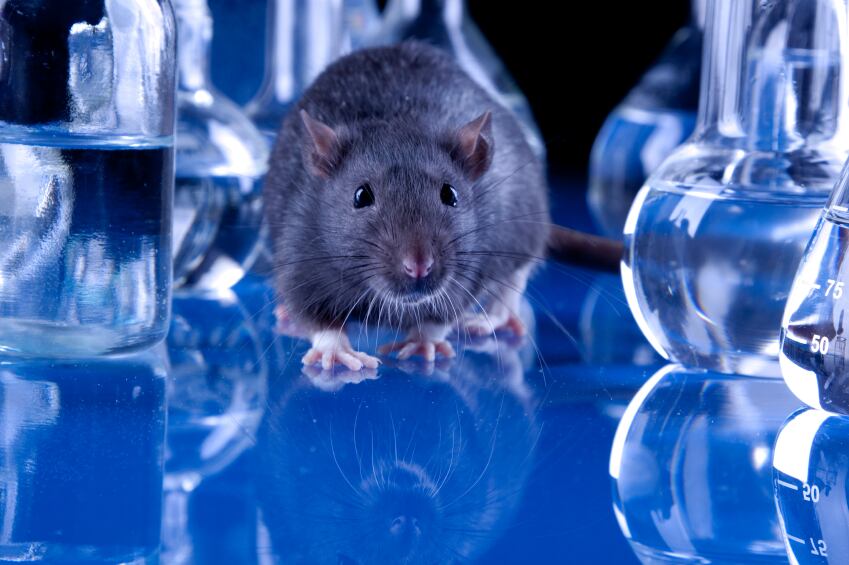The application from Minnesota-based firm Bioenergy Life Science was first filed back in March 2008, yet at the time the FSA’s Advisory Committee for Novel Food and Processes (ACNFP) said more information was needed to “resolve uncertainties arising from a study on reproductive toxicity”.
The dossier was revaluated in 2013 after the firm provided extra information on intake estimates, post-market monitoring and detailed discussion of the toxicity study and potential effects of D-ribose on glucose metabolism and uric acid levels.
However so much time had passed since the original application, the FSA’s committee was forced to look at the updated dossier as if for the first time.
In its positive draft opinion the FSA said it was “satisfied” by the additional evidence provided by Bioenergy.
Interested stakeholders should submit views on the draft opinion by Monday 1 February 2016.
The US Food and Drug Administration (FDA) granted the company Generally Recognized as Safe (GRAS) status for the ingredient when used in conjunction with a carbohydrate energy source back in 2008 following its application in 2007.
The stumbling blocks
The problem toxicity study - which reported issues with bone formation in rats - referred to doses well above that proposed by Bioenergy.
Following detailed discussions with the company, ACNFP sought advice from an independent expert.

“It is not considered that the data reported in this study indicate a significant toxic action which is directly attributable to a specific action of D-ribose after consumption. It is possible that these effects may be due to nutritional imbalance in the rats because of the high mass/volume of the doses of D-ribose given,” the draft opinion quotes.
"These effects may however be due to an interaction with the insulin/glucose pathway. It has been shown that the foetuses of diabetic rats have an increase in incidence of skeletal malformations."
Yet the expert concluded the effects seen in the animal study would not be relevant for humans at the proposed levels.
The company has marketed D-ribose in the US since 2004 and has kept adverse reaction records for this market, where about 1900 metric tonnes – or 1.3 billion servings – have been sold.
The company reported records of 31 adverse reactions from customers in relation to D-ribose supplements but no reports for foods with added D-ribose.
The adverse reactions included headache and light-headedness, fatigue, swollen legs, itching, gastrointestinal reactions, palpitations, muscle tightness and elevated blood sugar for diabetic customers.
The ingredient
D-ribose is a naturally occurring five-carbon sugar present in all living cells and a building block for adenosine triphosphate (ATP).
ATP is a vital energy pool for the human body, fuelling processes like muscle contraction. When the ATP pool is used up, the human body restores energy levels by converting glucose to ribose and then finally ATP.
Ribose supplements speed up this process and such sports products have therefore been touted for energy recovery and the reduction of muscle soreness.
Food law expert and managing director of Legal Foods Dr Mark Tallon said if the company also secured a health claim, this could be big news for the sports nutrition segment.
"If in addition the company was to gain authorisation for a related health claim via the Nutrition and Health Claims regulation (HCR) this could develop a significant market for what has been a relatively small category within the sports nutrition market."
Yet he added: "Its success for a health claim will be based on the claim required as the body of evidence is not only linked to sports performance but many other potential health categories."
Bioenergy produces its D-ribose by fermentation of a strain of Bacillus subtilis, which is found in the human gastrointestinal tract.
The dry powdery product has a sweet taste similar to glucose and a 4 kcal/g calorific value equivalent to other carbohydrates.
According to a Bioenergy study in mice, a combination of ribose and caffeine can improve swimming time by 150% in fatigued mice.
Novel changes
Recent changes to EU regulation means future novel food dossiers will go through the European Food Safety Authority (EFSA) not member states.
It is hoped this streamlining will reduce average processing time from three years to 18 months.
